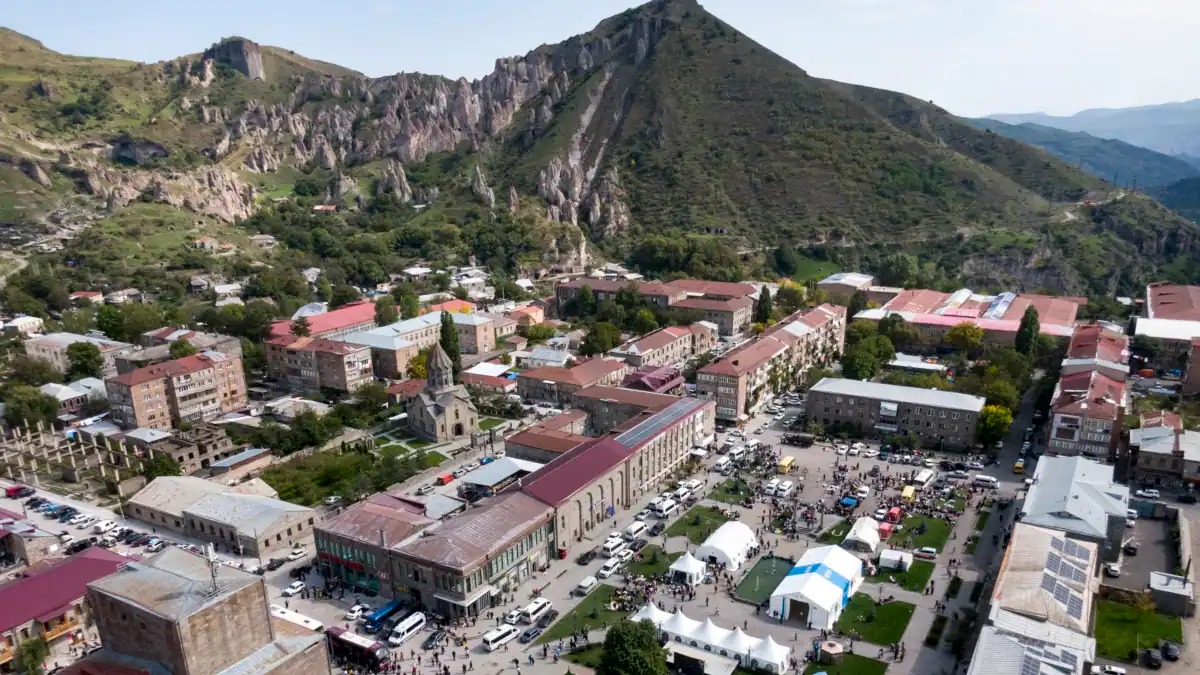In a decision issued on Friday, the International Court of Justice (ICJ) has ruled that Azerbaijan must permit tens of thousands of ethnic Armenians, who fled Nagorno-Karabakh during a swift military takeover, to return to their homes. The judges at the top UN court emphasized the imperative of ensuring a safe and unhindered repatriation process for those who wish to return to Nagorno-Karabakh. This ruling comes as a pivotal development in the aftermath of Azerbaijan’s lightning offensive that saw the capture of the internationally recognized Azeri territory.
Unprecedented ICJ Decision Demands Safe Return
The ICJ, in its decisive verdict, underscored the obligation for Azerbaijan to facilitate the return of displaced ethnic Armenians, who left Nagorno-Karabakh after September 19, 2023. Presiding judge Joan Donoghue stated, “Azerbaijan must … ensure that persons who have left Nagorno-Karabakh after September 19, 2023, and who wish to return to Nagorno-Karabakh are able to do so in a safe, unimpeded and expeditious manner.” The ruling emphasizes the international community’s commitment to upholding the rights of those affected by conflict, urging Azerbaijan to adhere to the principles of a secure and efficient repatriation process.
Nagorno-Karabakh’s Complex History Fuels Dispute
Azerbaijan’s capture of Nagorno-Karabakh, an area internationally recognized as Azeri territory, followed a military campaign in September, leading to the displacement of the majority of the region’s 120,000 ethnic Armenians. The conflict has roots in a protracted history, marked by wars and a nine-month siege that restricted essential goods for the residents. The ICJ decision not only mandates the return of those who fled but also asserts that Azerbaijan must ensure the safety of Armenians who chose to remain in Nagorno-Karabakh. The territorial dispute, marked by competing claims and historical grievances, adds complexity to the overarching issue.
Doubts Linger as Ethnic Armenians Contemplate Return
While Azerbaijan’s foreign ministry asserts its commitment to upholding the human rights of Armenian residents in Karabakh, skepticism looms among those who fled the enclave. Many ethnic Armenians express doubts about the safety of returning to a region now under the control of what they perceive as a hostile power. The tension between the conflicting narratives – Azerbaijan’s commitment to human rights and the concerns of the displaced Armenians – highlights the challenges in implementing the ICJ’s ruling and fostering a climate of trust and security.
The ICJ’s landmark decision urging Azerbaijan to allow the return of ethnic Armenians to Nagorno-Karabakh signifies a significant step toward addressing the humanitarian dimensions of the conflict.















